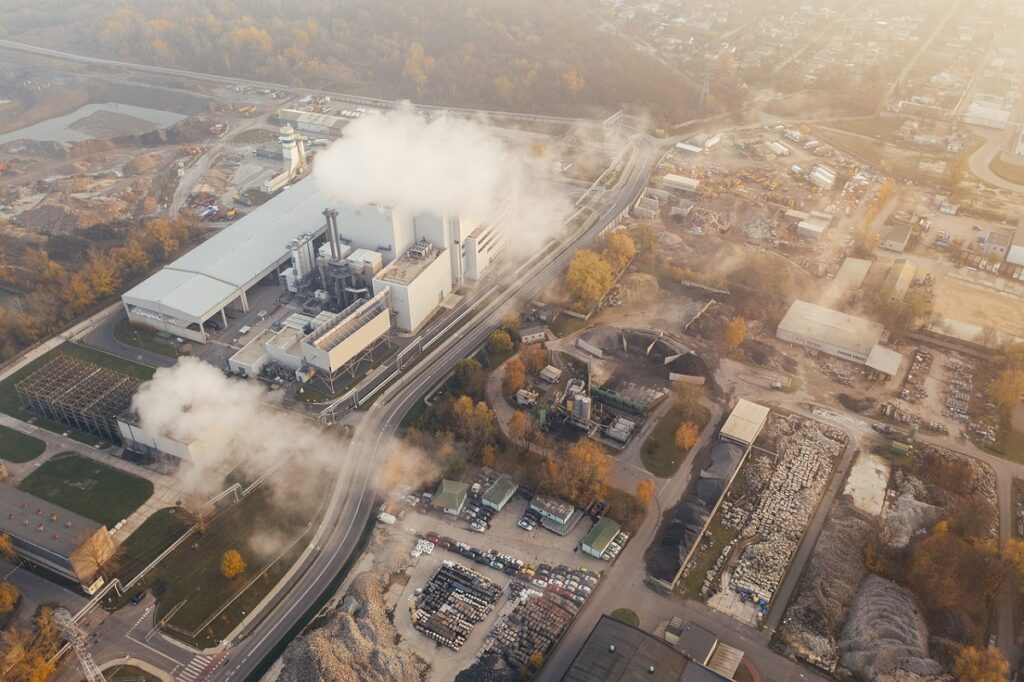At the U.N. Climate Change Conference, COP28, in Dubai, the White House and Environmental Protection Agency (EPA) announced new standards to limit methane emissions – expected to be one of the United States’ major announcements during the event.
The EPA’s final methane standards are expected to “sharply reduce methane emissions from oil and gas operations, which will achieve a nearly 80% reduction below future methane emissions expected without the rule,” said the White House.
“The final rule leverages innovative technologies and proven solutions that leading oil-and gas-producing states and companies are using — and have committed to use — to reduce dangerous air pollution,” said the EPA.
What’s in the EPA’s final methane rule?
Specifically, the final rule includes “a comprehensive suite of pollution reduction standards that address the largest sources of methane and other harmful pollutants at oil and gas facilities, including methane that leaks or is vented from equipment and processes.”
Among other provisions, the rule will require phasing in a requirement to eliminate “routine flaring of natural gas” from new oil wells, comprehensive monitoring for leaks with “low-cost and innovative” monitoring technologies, and standards to reduce emissions from “high-emitting equipment like controllers, pumps, and storage tanks.”
“This final rule is expected to prevent the equivalent of 1.5 billion metric tons of carbon dioxide – nearly as much as all the carbon dioxide emitted by the power sector in 2021. In 2030 alone, the expected reductions are equivalent to 130 million metric tons of carbon dioxide – more than the annual emissions of 28 million gasoline cars,” continued the White House.
The Biden-Harris administration is expected to announce other initiatives during COP28, including additional support for vulnerable communities in the U.S. as well as developing countries, and climate actions “across every sector of the economy.”
BIO will discuss methane, biotech at COP28
The U.S. government’s announcement came one week before the Biotechnology Innovation Organization (BIO) is scheduled to address methane emissions during the event.
BIO will cohost a panel, “Reducing Methane from Food and Agriculture,” taking place on the ICC Partner Stage at the COP28 Blue Zone on Saturday, December 9. Anna Rath, CEO of Vestaron and Chair of BIO’s Agriculture & Environment Section Board, will moderate the panel, cohosted by the International Chamber of Commerce and the U.S. Department of Agriculture.
The speakers are expected to discuss biotech innovations to reduce methane, including animal feed additives to reduce methane emissions from livestock. While oil and gas is the largest methane emitter, food production can also emit the harmful greenhouse gas. As we’ve reported, natural enteric fermentation in a cow’s stomach causes them to belch methane. However, feed additives can help reduce these emissions by up to one-third.
However, as BIO has noted, regulatory improvements are needed to get them to the market.
“Innovative technologies with the potential to reduce enteric emissions often face regulatory roadblocks preventing or delaying market approval. Incentives are necessary to offset the risk a farmer faces by changing feed rations, testing new feed additives or making changes to their breeding/herd genetics,” said the Food and Agriculture Climate Alliance (FACA). (BIO is a member of FACA.)
BIO will cohost a second COP28 panel, “Utilizing Biotechnology for Climate Resilience: Public Policy, Innovation and Global Impact” on Sunday, December 10, also featuring Vestaron’s Rath.
Watch BIO CEO Rachel King and BIO Chief Policy Officer John Murphy explain why the organization is excited to participate in COP28 and why these conversations are so important:




